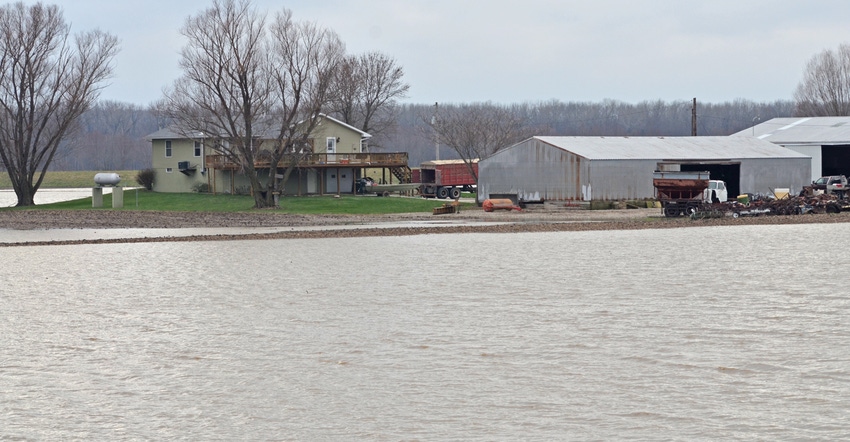
Did you receive a disaster payment last year? A new law makes these types of payments exempt from state income tax for Missouri farmers and ranchers.
In September 2016, the Missouri Legislature passed Senate Bill 641. According to the Missouri Farm Service Agency, the bill states any income received as payment from a program compensating agricultural producers from a loss due to a disaster or emergency can be subtracted from the producers’ federal adjusted gross income, as it relates to Missouri state income tax only. This provision is for all tax years beginning on or after Jan. 1, 2014.
This adjustment to the state tax code applies to the following USDA programs:
• Livestock Forage Disaster Program (LFP)
• Livestock Indemnity Program (LIP)
• Emergency Assistance for Livestock, Honeybees and Farm-Raised Fish (ELAP)
• Emergency Conservation Program (ECP)
• Noninsured Crop Disaster Assistance Program (NAP)
• Pasture, Rangeland, Forage Pilot Insurance Program
• Annual Forage Pilot Program
• Livestock Risk Protection Insurance Plan
• Livestock Gross Margin Insurance Plan
Missouri FSA recommends farmers and ranchers consult with a tax preparer for information on how this may affect their operation. Agricultural producers can also contact their local FSA county office for assistance with payment history information.
About the Author(s)
You May Also Like






